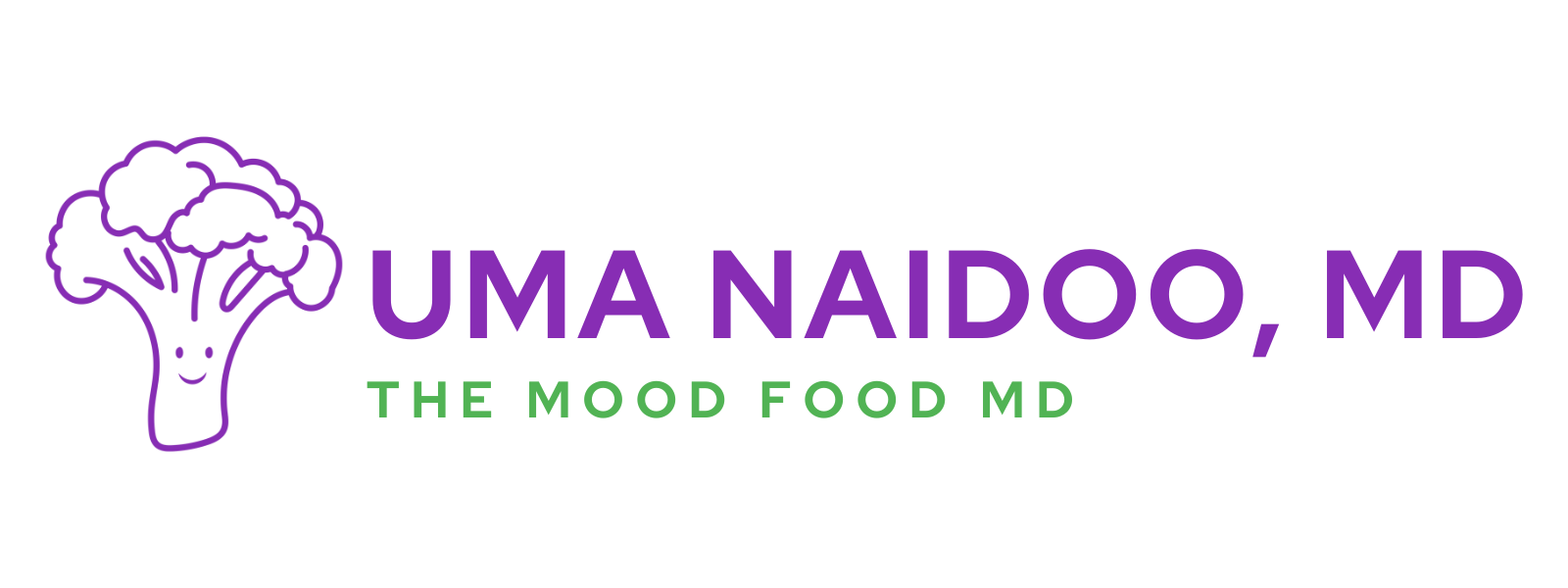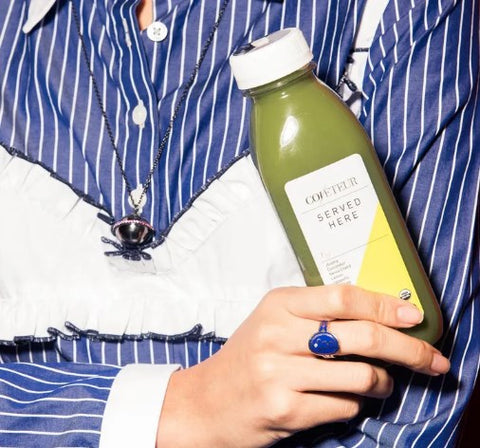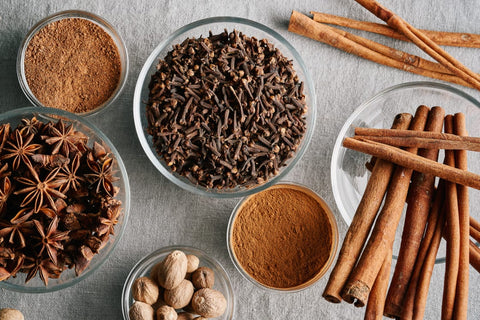The start of the COVID-19 pandemic made us hyper aware of health and hygiene in efforts to keep ourselves well. We learned which supplements to take to strengthen our immune systems, what songs to sing while washing our hands, how to properly wear masks and how far apart we should stay from others in order to protect our physical health. However, efforts in protecting our mental health during these unprecedented times fell by the wayside and we are now facing the repercussions. Experts fear we will soon be facing a parallel pandemic as the silent pandemic of population mental health worsens.
In March 2020 we were forced into indefinite quarantine which, by definition, is isolating, seemingly overnight. Those living alone were suddenly faced with extreme loneliness with no end in sight. Systematic reviews have shown loneliness and social isolation to both be associated with poor mental health and cardiovascular disease – a metabolic risk factor for COVID-19 mortality. On top of this, we faced the fear of an unknown virus and fear for the health of ourselves and loved ones, which increased anxiety levels and reduced our capacity for quality sleep. COVID-19 has killed millions of people worldwide, and with such loss comes grief and sadness. Depression rates are currently reported to be higher than before the pandemic and are associated with increased alcohol and tobacco use and overall poor health behaviors. And for those who have survived COVID-19, a new study shows that survival carries a 33% chance of developing mental health conditions within only 6 months. The parallel pandemic that experts predicted sure seems to be upon us.
In addition to impacting our mental health, this pandemic has also impacted how and what we eat, in a way that is contributing to such mental health trends. Long lines at grocery stores, food shortages and efforts to reduce the frequency of shopping trips led individuals to purchase more processed, shelf stable foods and frozen dinners, while decreasing their intake of fresh, nutritious, fiber rich produce. Similarly, while quarantined, many took up baking as a coping mechanism or turned to food for comfort. For several months I’m sure you couldn’t open Instagram or TikTok without seeing a new recipe for banana bread or homemade sourdough. While the family members and roommates of these amateur bakers surely enjoyed the repercussions of their new hobby, the consumption of these ‘comfort foods’ are actually ‘discomfort’ for the brain and can be detrimental over time. Foods such as baked goods, or those high in sugars and refined flours, are inflammatory and support an unhealthy gut and poor metabolic health. The gut/brain connection tells us that an inflamed gut is one of the drivers of poor mental health. However, we can take advantage of this connection by modifying what we eat to support both our metabolic health and mental health, as well as our immune system, in efforts to subdue the evolving silent pandemic of poor mental health as the COVID-19 pandemic continues.
In comes Nutritional Psychiatry! This incredible field emphasizes the value in using food as medicine and that what we eat has a direct effect on the function of our digestive tracts, our brains and ultimately our mental health. It puts the power back into our own hands to choose foods that will make our bodies and our minds happy. With proper education, we each have this power at the end of our forks, highlighting the potential that Nutritional Psychiatry has in reversing the silent pandemic of poor mental health during COVID-19.




